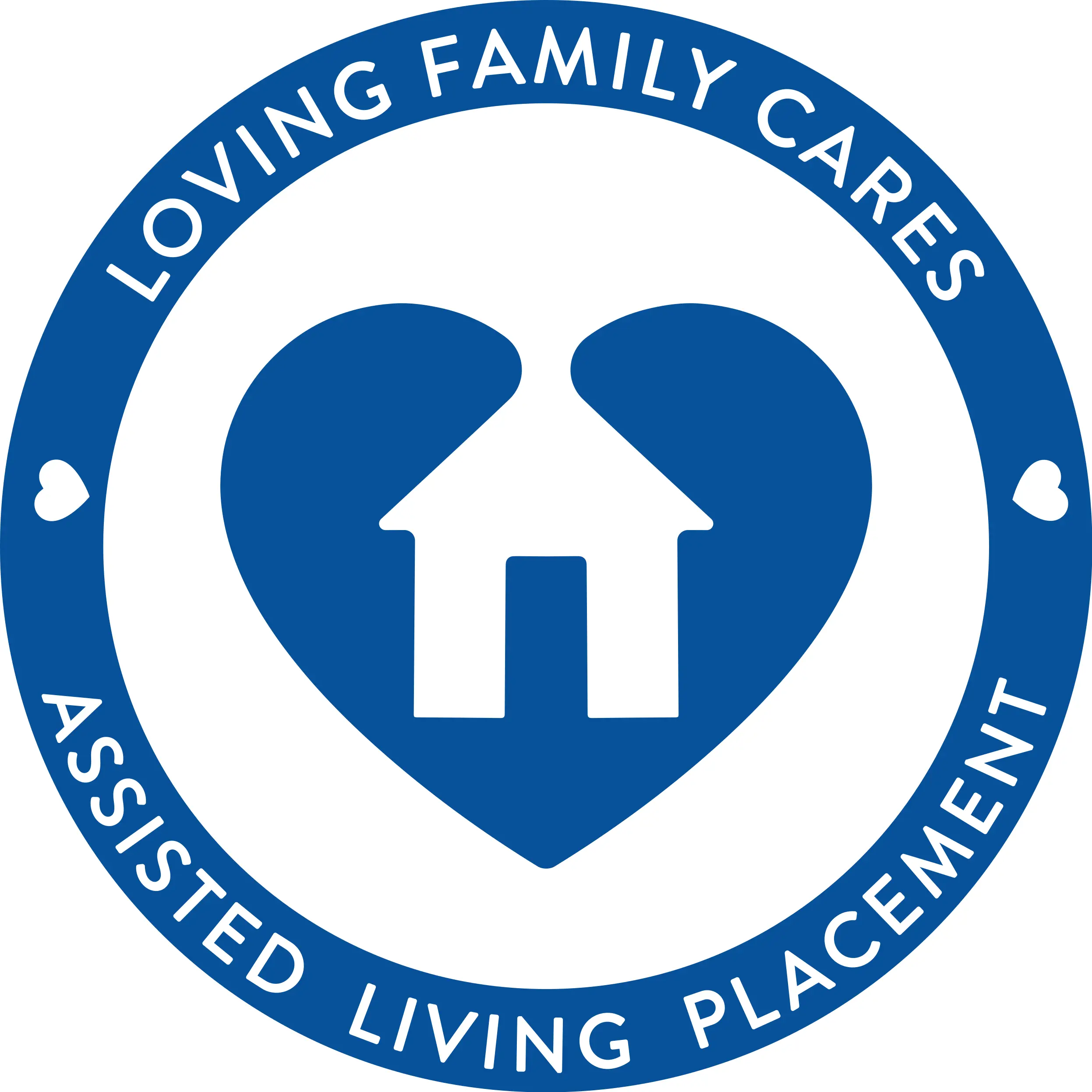What is chronic condition management? It is a comprehensive approach designed to help individuals manage long-term health conditions such as diabetes, heart disease, arthritis, hypertension, and other chronic illnesses. These conditions often require ongoing care and attention to maintain a person’s quality of life and prevent complications. For seniors, managing these chronic conditions is crucial to maintaining independence, health, and overall well-being.
Understanding Chronic Condition Management
Chronic condition management focuses on developing personalized care plans that help individuals cope with their specific health conditions over the long term. This approach aims to reduce the impact of chronic illnesses on daily life by providing continuous monitoring, regular medical check-ups, tailored treatment plans, lifestyle adjustments, and education on self-management techniques.
Key Components of Chronic Condition Management:
- Personalized Care Plans: Each individual’s needs and conditions are unique, so chronic condition management begins with creating a personalized care plan. This plan includes specific goals and actions tailored to the person’s health status, preferences, and lifestyle. Regular evaluations and updates ensure the care plan remains effective and responsive to changes in the patient’s health.
- Ongoing Monitoring and Support: Continuous monitoring is essential for managing chronic conditions effectively. Regular check-ups, routine tests, and consistent communication with healthcare providers help detect any changes in the patient’s condition early, allowing for timely interventions. This ongoing support helps minimize complications and promotes a higher quality of life.
- Education and Self-Management: A cornerstone of chronic condition management is educating patients about their condition and providing them with the tools to manage it independently. This includes guidance on proper medication use, dietary recommendations, exercise routines, and stress management techniques. Empowering individuals with knowledge helps them make informed decisions and actively participate in their care.
- Coordinated Care: Effective management of chronic conditions often involves a team of healthcare professionals working together to provide comprehensive care. This includes doctors, nurses, dietitians, therapists, and social workers collaborating to support the patient’s health goals. Coordinated care ensures that all aspects of the patient’s condition are addressed, reducing the risk of miscommunication or fragmented care.
How Loving Family Cares Can Help
At Loving Family Cares, we understand that managing chronic conditions can be challenging, especially for seniors. That’s why we specialize in helping families find the right assisted living facilities focusing on managing chronic conditions. Our team works with facilities that offer specialized care for various chronic conditions, ensuring your loved one receives the appropriate support and attention they need.
We know that the right facility can make a significant difference in managing chronic conditions. We aim to help families find a community where their loved ones can thrive, with access to the expertise, resources, and compassionate care required for chronic condition management.
Conclusion
Chronic condition management is essential for maintaining health and quality of life, particularly for seniors dealing with long-term illnesses. With a focus on personalized care, ongoing monitoring, education, and coordinated care, this approach ensures that individuals can live their lives to the fullest despite their health challenges. At Loving Family Cares, we are committed to helping families find the right assisted living facility in New Jersey, specializing in chronic condition management, providing peace of mind and the best possible care for their loved ones. Contact us today to learn how we can assist you in this important decision.




